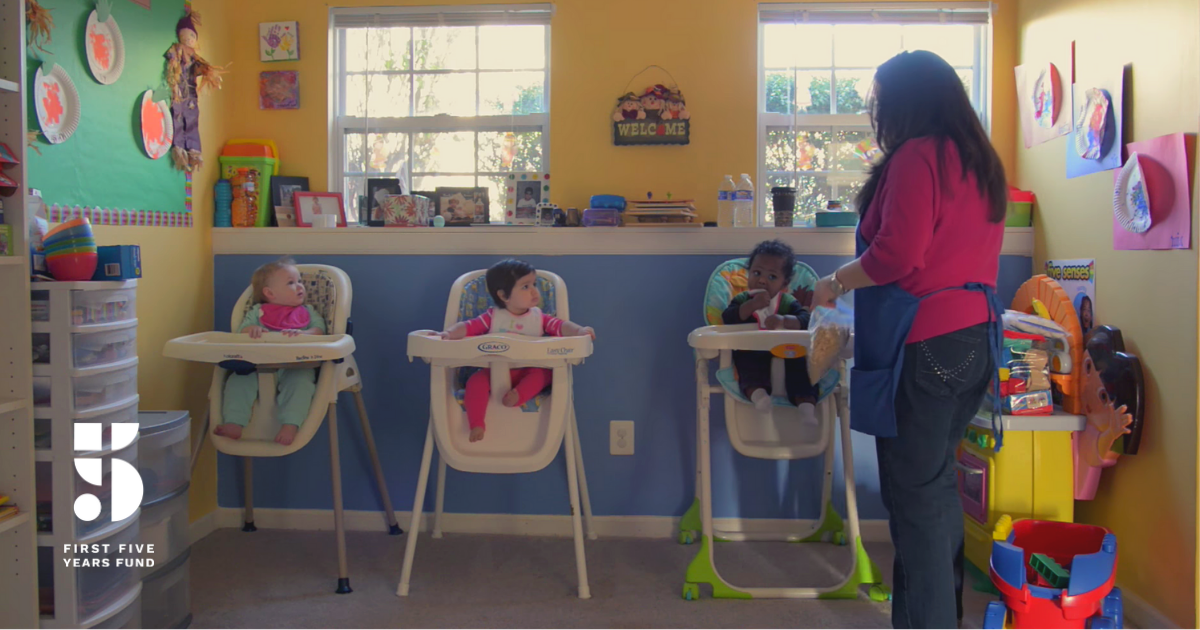SURVEY: Child Care Issues Continue to Put a Strain on Working, Low-Income Families

A new Bipartisan Policy Center (BPC) and Morning Consult survey of households with children under the age of five where all caregivers are employed, finds that the child care crisis, which was made worse by the COVID-19 pandemic, continues to impact the lives of parents and families even as we begin our economic recovery and workers return to their offices. The data, which seeks to better understand the challenges facing working families when it comes to child care, includes key findings about access and affordability of child care and parents’ child care preferences:
ACCESS
According to the survey, just 29 percent of parents report the child care arrangement they had at the start of the pandemic was open without any changes to hours or capacity with 10 percent saying their child care provider has permanently closed and 15 percent reporting their providers are still temporarily closed.
Since the outset of the pandemic, child care responsibilities have been a burden for families who once relied on child care providers, and that has not changed. 57 percent of parents reported that the lack of child care options and increased child care responsibilities in the home have directly impacted their ability to work over the last month. Three-quarters (73%) of those parents say they have missed over eight hours of work and those who rely on child care during non-traditional hours missed over nine hours of work due to increased child care responsibilities.
Like many of the issues compounded by the pandemic, low-income families have been hardest hit by the child care crisis. According to the survey they are more likely to lose work due to child care responsibilities than higher-income families. Complicating the child care situation for low-income families, more than a quarter of parents do not know their work schedule more than two weeks in advance.
AFFORDABILITY
Even before the pandemic, child care was often unaffordable for many families with the cost of child care exceeding $10,000 a year in many parts of the country. According to the survey, nearly half (47%) of parents can only afford less than $200 a week for child care and 22% say they can afford no more than $50 a week.
When it comes to federal tax credits to offset child care expenses, 42 percent of parents say they have received the credit, but nearly a quarter (24%) were unaware that they could receive the tax credits and nearly half were unaware that they could claim more of their child care expenses on their 2021 taxes.
PREFERENCES
As parents weigh the child care options that work best for their children, the survey found that, if child care were free for their family, 30 percent of parents would choose to keep their current child care arrangements and 30 percent would choose a center-based child care program.
When it comes to Pre-K programs, a majority (71%) of parents say they would choose to send their child to a free Pre-K program available during typical school days, and 73 percent of parents say that a Pre-K program co-located in a child care program that offered longer hours of care would be a better option for their family.
Overall, support for working families is strong across the political spectrum. A majority of parents believe working parents deserve access to high-quality child care (96% of Democrats and 88% of Republicans) and expanding government support would be beneficial for parents and children (95% of Democrats and 79% of Republicans). Read the full survey results here.
The pandemic has made it incredibly difficult for families to find and afford high-quality child care, and as the pandemic recedes, those issues remain front and center in their minds. According to a Care.com survey, 46% of families report that finding child care is more difficult now, compared to pre-pandemic and 85% report spending 10% or more on child care costs, compared to pre-pandemic. Additionally, 62% of families say they have more concern about the cost of child care now.
In a FFYF survey last year, Democratic and Republican voters alike overwhelmingly say high-quality, affordable child care for families with young children is an essential service — just like health care and education. What’s more, A majority of voters—particularly women—say the COVID crisis has shown us how essential it is that we build a child care system that makes care available and affordable to all families who need it.
Subscribe to FFYF First Look
Every morning, FFYF reports on the latest child care & early learning news from across the country. Subscribe and take 5 minutes to know what's happening in early childhood education.



